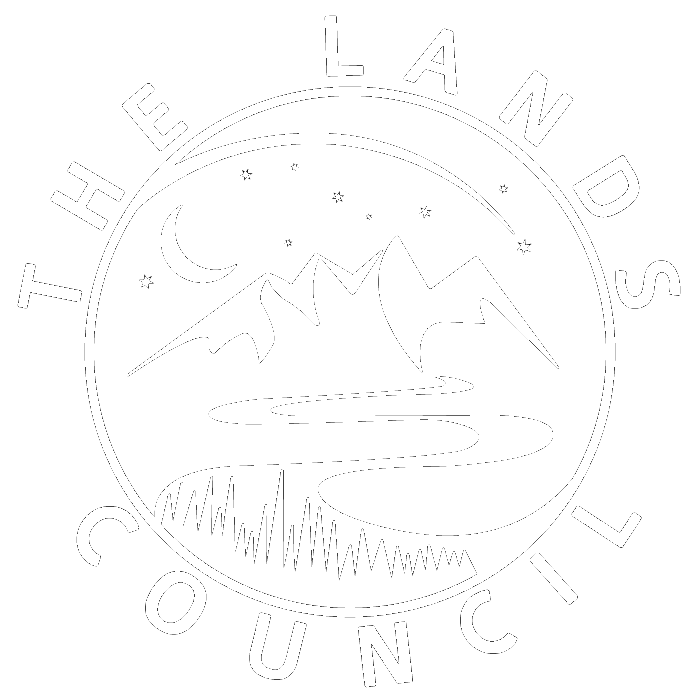By Mike Petersen
The U.S. Department of Agriculture just announced a final Alaska Roadless Rule that exempts the Tongass National Forest from the 2001 provision that prohibited road construction, road reconstruction, and timber harvests in roadless areas. The Tongass National Forest is the largest remaining intact temperate rainforest in the world. 17 million acres in size and home to over 400 species of wildlife, it's also one of the rarest ecosystems in the world. The Tongass' Roadless Areas are at imminent risk of being opened up to logging and road building. Fresh water, healthy salmon, one-of-a-kind recreation, and climate change offset are just a few reasons why protecting the Tongass is so important. The Tongass covers about 80 percent of Southeast Alaska and is critical for old growth forests, biodiversity, salmon and other wildlife.
The 2001 Roadless Rule applies nationwide and includes more than 45 million acres of national forests and grasslands. We joined with 72 conservation, recreation and wildlife organizations, local business leaders, and elected officials to express our disappointment with the proposal to rollback the roadless rule in this invaluable place. We believe could be the start of attacks on roadless areas throughout the West. As the closest state to Alaska, Washington shares close business, economic and cultural connections thus it is imperative that we support these conservation efforts. If rollbacks of these kinds of administrative protections become the standard, it would likely threaten to majestic wilderness areas that we love and depend on in our own backyard. Legislation is needed so that the Tongass and other at risk forest are protected. The Roadless Area Conservation Act (H.R.2491) which would codify the Roadless Rule. Depending on makeup of new congress, the Congressional Review Act could be used to rescind this decision in 2021.
Logging in roadless areas has started to creep into other forests in Washington, Oregon, Idaho and Montana. On the Colville National Forest the San Poil project would cut fuel breaks into the 13 Mile Roadless Area, another project has cutting units adjacent to the Hoodoo Roadless Area. A project on the Idaho Panhandle would log in a roadless area near Lake Pend Oreille. Pressure from the Trump administration is pushing the Forest Service to speed up projects, and decrease environmental overview. I believe this could also put a damper on collaborative efforts to find common ground and do science based forest restoration. The Lands Council and other groups are monitoring these threats very closely and will take action if needed.


